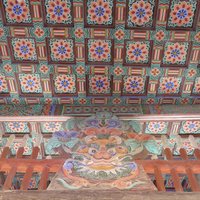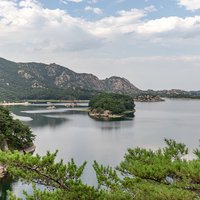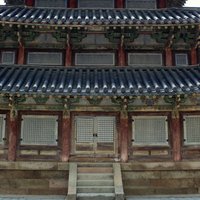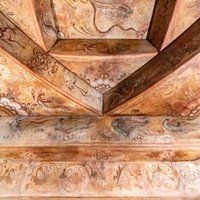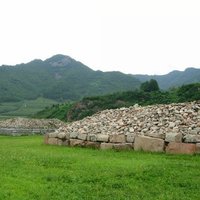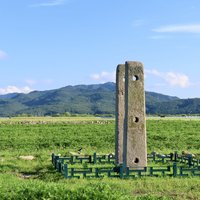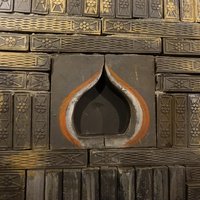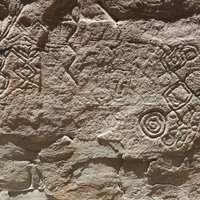Connected Sites
-
-
Of the 'Four Great Temples of Mount Kumgang' 3 were founded by Silla, one under Goguryeo "The temples within the nominated property were established in the 6th and 7th century CE, namely the Phyohun Temple (670), Jongyang Temple (600), Singye Temple (519), Podok Hermitage (627) and Pulji Hermitage (666)." - AB Evaluation
-
Tongdosa Temple was founded in 646 (Silla)
-
-
-
-
-
"This rock carving tradition was continued by Bronze Age farmers and then by members of the ancient Silla kingdom." - AB Evaluation "A total of 127 characters carved with sharp-pointed metal tools from the Silla period have been confirmed in the Cheonjeon-ri Petroglyphs. The characters are recorded in Chinese ideographic characters. The composition of the characters mainly records when, who, and why they came here. In particular, the inscription from the reign of King Beopheung of Silla (514 - 540) is engraved, so it is considered an important resource for the study of ancient history.
See www.ulsan.go.kr

